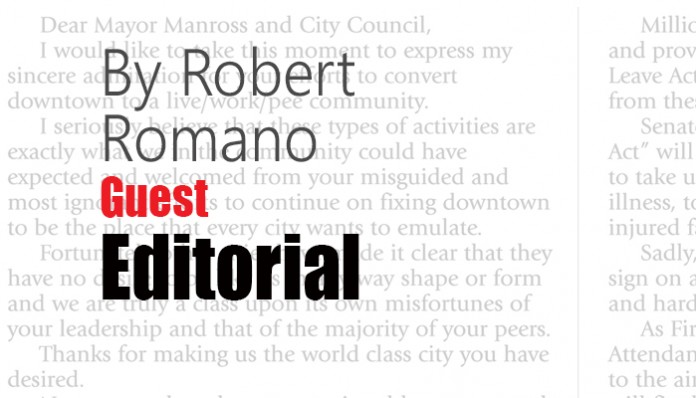So, wait, the whole supposed Russian collusion effort with the Trump campaign had nothing to do with the Democratic National Committee (DNC) or John Podesta emails or Wikileaks at all, but actually centered on a June 2016 meeting with Donald Trump, Jr. and a Russian attorney over supposed dirt she had on Hillary Clinton about her dealings with Russia?
And then the attorney used the meeting as an opportunity to instead talk about U.S. sanctions against 18 Russian individuals and Russia blocking U.S. adoption of Russian children in response?
That’s the collusion? The conspiracy? The treason?
Trump, Jr. trying to obtain dirt on Clinton’s alleged wrongdoings in Russia in the middle of the his father’s 2016 election campaign from a Russian source supposedly in a place to know — but not finding any — and inadvertently stumbling into a conversation about U.S. sanctions and Russian policy affecting child adoptions out of that country? Is this a joke?
This is all a far cry from the original allegations that were leveled at President Donald Trump — that Russia had hacked the DNC and Podesta emails, had them published on Wikileaks, and that the Trump campaign had assisted in those efforts.
Those still unproven charges, from third-party sources Crowdstrike, Fusion GPS and former British spy Chistopher Steele (whose falsehoods are now the subject of a defamation lawsuit in the UK) apparently formed the basis of the now year-long investigation by the federal government into these matters.
Charges that so far as we know to date based on publicly available information were never corroborated. Crowdstrike co-founder Dmitri Alperovitch said from the get-go in June 2016 that “[W]e don’t have hard evidence” of how somebody had gotten into the DNC emails and the FBI never checked the servers. Steele for his part later admitted in April that the claims in his sensational dossier were unverified and were never even supposed to be published.
So the Steele dossier was a bust. And Crowdstrike admitted up front there was no proof Russia was behind the DNC emails.
And now the most charitable explanation observers can come up with, but which may still miss the mark, is that the Russian government might have fed this information to Steele and the Democrat donors who funded him, in an attempt to deceive everybody — to attempt to show collusion when there was none.
Except, then, why was the FBI reportedly offering to pay Steele to continue his work — if they thought his intelligence was all a hoax?
The only scandal here is that anybody in the federal government took this witch hunt seriously in the first place and that we’re all still talking about this nonsense. This is a major embarrassment for the U.S. national security apparatus. A disgrace. The Russia story has become a parody of itself. Tens of billions of dollars spent every year on intelligence, and we’re chasing phantoms and investigating presidential campaigns using unverified garbage — calling into doubt the impending Congressional reauthorization of Section 702 of the Foreign Intelligence Surveillance Act.
Now, what we are left with are claims that still purport to prove the President is a Russian agent and a traitor. Instead, they simply show that persons in Trump’s orbit did have contacts with Russians, yes, but which do not at all substantiate the original charges on hacking or coordinating to put Democrat emails onto Wikileaks.
In this case, Trump’s son, who met somebody from Russia to discuss campaign opposition research but didn’t actually receive any that morphed into a meeting about adopted children.
Or that Jared Kushner proposed a backchannel with Russia after the election — note, not months prior during the campaign as had originally been alleged by Steele — to discuss relations between the two countries. Or that former National Security Advisor Michael Flynn spoke with the Russian ambassador Sergey Kislyak about U.S. sanctions against that country during the transition, again after the election. Or that Attorney General Jeff Sessions met with Kislyak as a part of his official duties as a U.S. Senator. And on and on.
These latter stories largely came after there was nothing in the original allegations that could be proven. To attempt to show collusion on the campaign where there was none.
So what? There were contacts. Were there any crimes committed, or what? Any proof the Trump campaign helped Russia hack the DNC and Podesta emails and put them on Wikileaks?
Or was this all just a vast Russian conspiracy to lift sanctions on 18 individuals and to revisit Russia’s policy against U.S. adoptions of Russian children?
Robert Romano is the Vice President of Public Policy of Americans for Limited Government.





